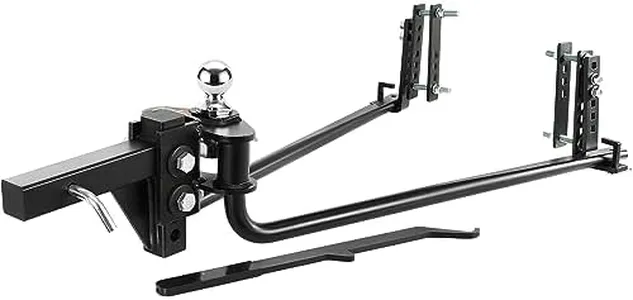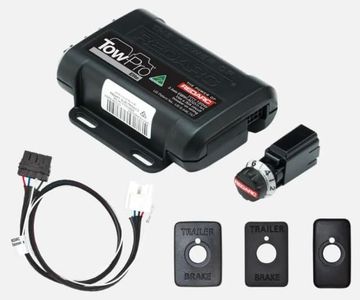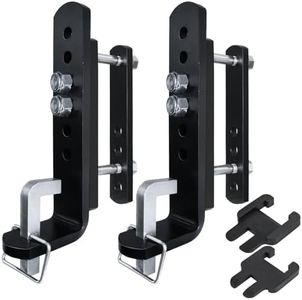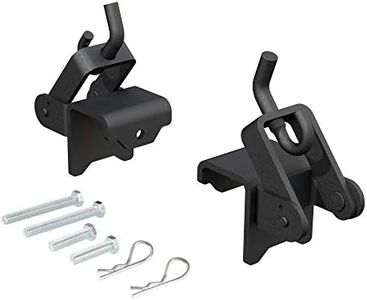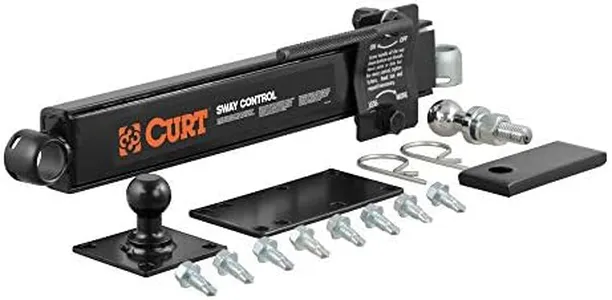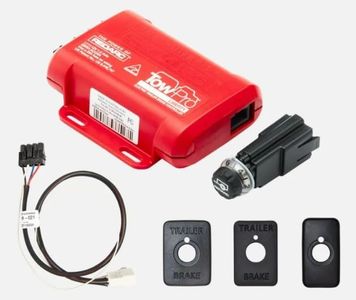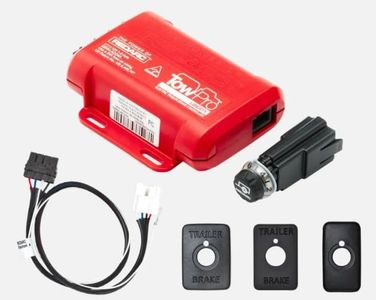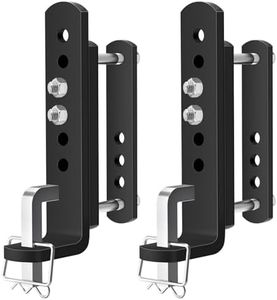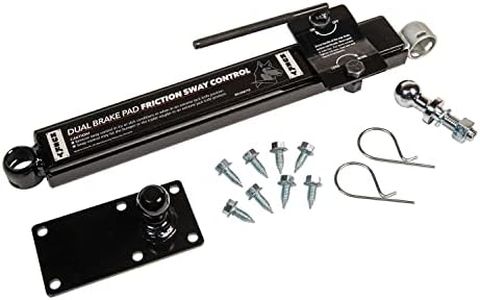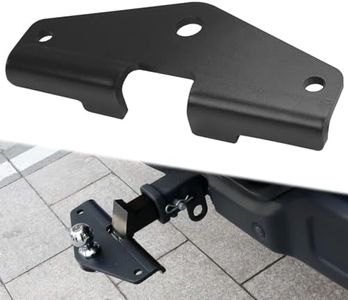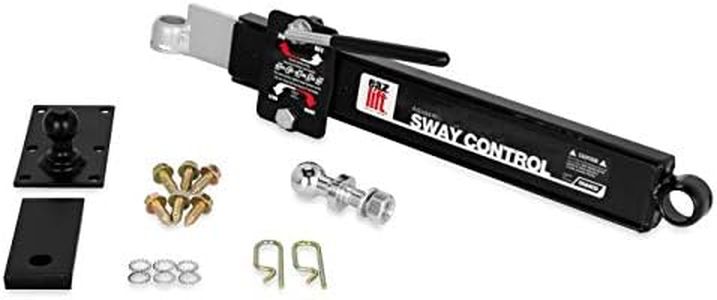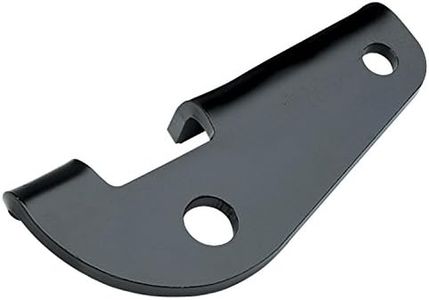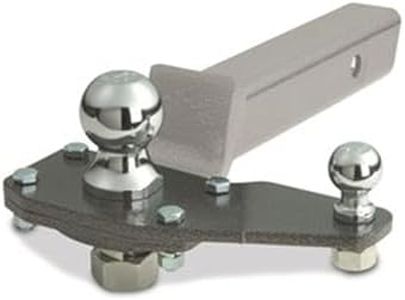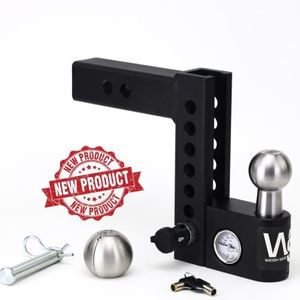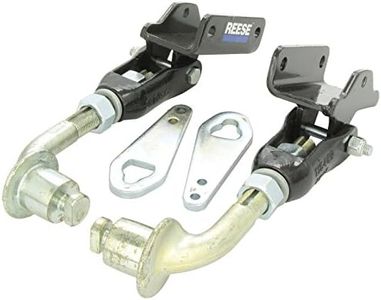We Use CookiesWe use cookies to enhance the security, performance,
functionality and for analytical and promotional activities. By continuing to browse this site you
are agreeing to our privacy policy
10 Best Trailer Anti Sway Bar
From leading brands and best sellers available on the web.Buying Guide for the Best Trailer Anti Sway Bar
Choosing the right anti-sway bar is important for safe and comfortable towing. An anti-sway bar is a device that helps keep your trailer from swaying or fishtailing while you're driving, especially at higher speeds, in windy conditions, or when large vehicles pass by. To ensure stability and safety, it’s important to understand your trailer’s setup, your towing vehicle, and the type of roads you'll be using. The right anti-sway bar will give you more control and peace of mind on your journeys.Weight CapacityWeight capacity refers to the maximum weight the anti-sway bar is designed to support. This is critical because using a bar rated for less weight than your trailer can reduce its effectiveness and compromise safety. Weight values are typically divided into light (up to 5,000 lbs), medium (5,000-10,000 lbs), and heavy (over 10,000 lbs). To pick the right one, use the combined weight of your trailer and its cargo. Always go for a sway bar that matches or slightly exceeds this total weight to ensure stability.
Installation TypeThe installation type tells you how the anti-sway bar attaches to your hitch and trailer. Some sway bars use a clamp-on method, which is generally easier for occasional use or lighter trailers, while others require drilling or mounting brackets, providing a more secure fit for heavier loads. Consider how confident you are with DIY installation and how often you might remove or adjust the bar. If you frequently tow different trailers, a tool-free or quick-release design could make your life easier.
AdjustabilityAdjustability refers to the ability to fine-tune how much sway control the bar provides. Some bars let you easily adjust the level of resistance, which is good if you tow different trailers or travel in varying conditions. Others are fixed in their resistance. If you often encounter changing road or wind conditions, or sometimes tow empty trailers, an adjustable sway bar can give you more flexibility and a smoother towing experience.
CompatibilityCompatibility means whether the anti-sway bar matches your vehicle and trailer hitch setup. Not all sway bars fit all hitch types, so always check if your hitch style (weight-carrying, weight-distributing, etc.) works with the sway bar you're considering. For users who already have a hitch or other towing accessories, double-check for compatibility to avoid the hassle of having to buy new hardware.
Ease of UseEase of use is about how simple it is to hook up and disconnect the sway bar. Some models require manual tightening or loosening, while others use levers or pins that are much faster to operate. If you want a stress-free experience or anticipate attaching and detaching the sway bar often, look for one with straightforward, tool-free operation. This is also a good consideration for those new to towing.
Durability and MaintenanceDurability is determined by the materials used and how well the sway bar stands up to the elements. Steel bars with corrosion-resistant coatings last longer and need less upkeep. Consider maintenance as well: some bars need regular lubrication or tightening, while others are almost maintenance-free. If you frequently tow on salted winter roads or near the coast, pick a model with excellent corrosion resistance to ensure it lasts for years.
